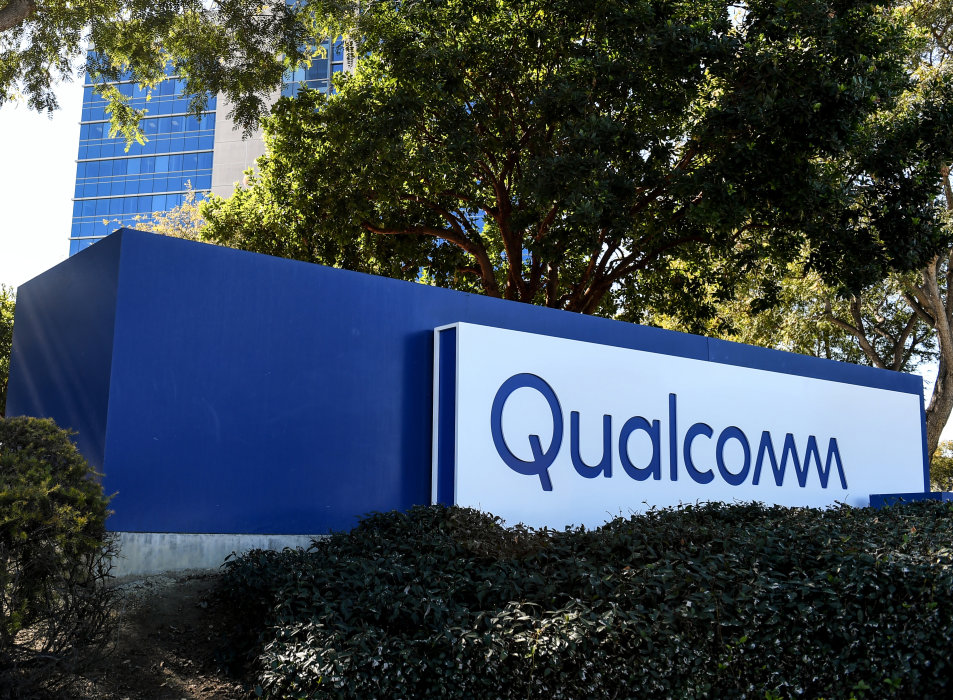Qualcomm is hiring a data center chip architect for Snapdragon-based reference server designs
Clues point to a high-performance server chip.

Qualcomm is assembling a team of developers to design server processors for the data center. Evidence of this comes via a vacancy posted on the company's own website (noticed by Longhorn). The company is looking for a server system-on-chip (SoC) security architect, and the details of the listing outline that the company is "developing reference platforms based on Qualcomm's Snapdragon SoC, delivering a comprehensive solution that includes hardware, software, reference designs, user guides, SDKs, and more."
The job listing confirms the existence of a 'Qualcomm Data Center' team that is designing a 'high-performance, energy-efficient server solution for data center applications.' While we are, of course, speculating, Qualcomm may plan to use the high-performance energy-efficient cores designed by its Nuvia team for data center applications. This same team developed the company's Snapdragon X processors for laptops, but it originally designed server processors before it was brought into the Qualcomm stable.
In fact, Qualcomm used to develop and sell Arm-based data center CPUs back in the day without much success, which is presumably why it stopped. However, Amazon’s Graviton processors have proven that Arm-based solutions can thrive in the data center, and the market is wide open for more innovative entrants. Apparently, Amazon's success made Qualcomm rethink and return to the drawing board with data center CPUs.
"We are seeking experienced SoC Security Architects to join our team," the job listing reads. "If you possess a deep understanding of hardware security architecture and are passionate about architecting and designing complex SoCs at advanced process nodes, we would be pleased to hear from you. This critical role involves architecting the next-generation security system and hardware infrastructure by collaborating with other platform architects to optimize overall Power, Performance, Area (PPA) efficiency and security assurance while ensuring compliance with industry standards."
Interestingly, when acquiring Nuvia, Qualcomm specifically noted that it planned to use Nuvia's Phoenix cores in its processors for client PC and not data centers, despite the fact that Nuvia originally designed its cores with the data center in mind. Nowadays, the cores dubbed 'Oryon' power Qualcomm's Snapdragon X processors for client PCs.
But now that Qualcomm has apparently changed its mind about data center products and is assembling a team of SoC developers (the core team is already there), it is reasonable to expect the company to develop a data center solution within the next couple of years. While we do not know for sure, the first devices to use Qualcomm's CPUs would likely be the company's platforms for 5G and then eventually 6G base stations, a space where the company controls the hardware and software stack. As for Qualcomm's development of chips for data centers currently dominated by x86, only time will tell if that is the company's ultimate intention.
Get Tom's Hardware's best news and in-depth reviews, straight to your inbox.

Anton Shilov is a contributing writer at Tom’s Hardware. Over the past couple of decades, he has covered everything from CPUs and GPUs to supercomputers and from modern process technologies and latest fab tools to high-tech industry trends.
-
bit_user I think the author is probably correct, but I'd just point out that Qualcomm already has at least one established product line targeted at servers. These are PCIe cards containing AI inferencing accelerators.Reply
https://www.qualcomm.com/products/technology/processors/cloud-artificial-intelligence/cloud-ai-100
There's definitely a second generation of these in the works, based on some device driver work happening in the Linux kernel. -
TheSecondPower In the past, developers always wanted their automated software build tools running on x86 like their PCs. But now developers on Mac would prefer ARM. Except we already have to use Linux on the servers if we don't want a Mac Mini server, and Linux already needs different binaries so it really doesn't make much difference if the server is ARM or x86.Reply